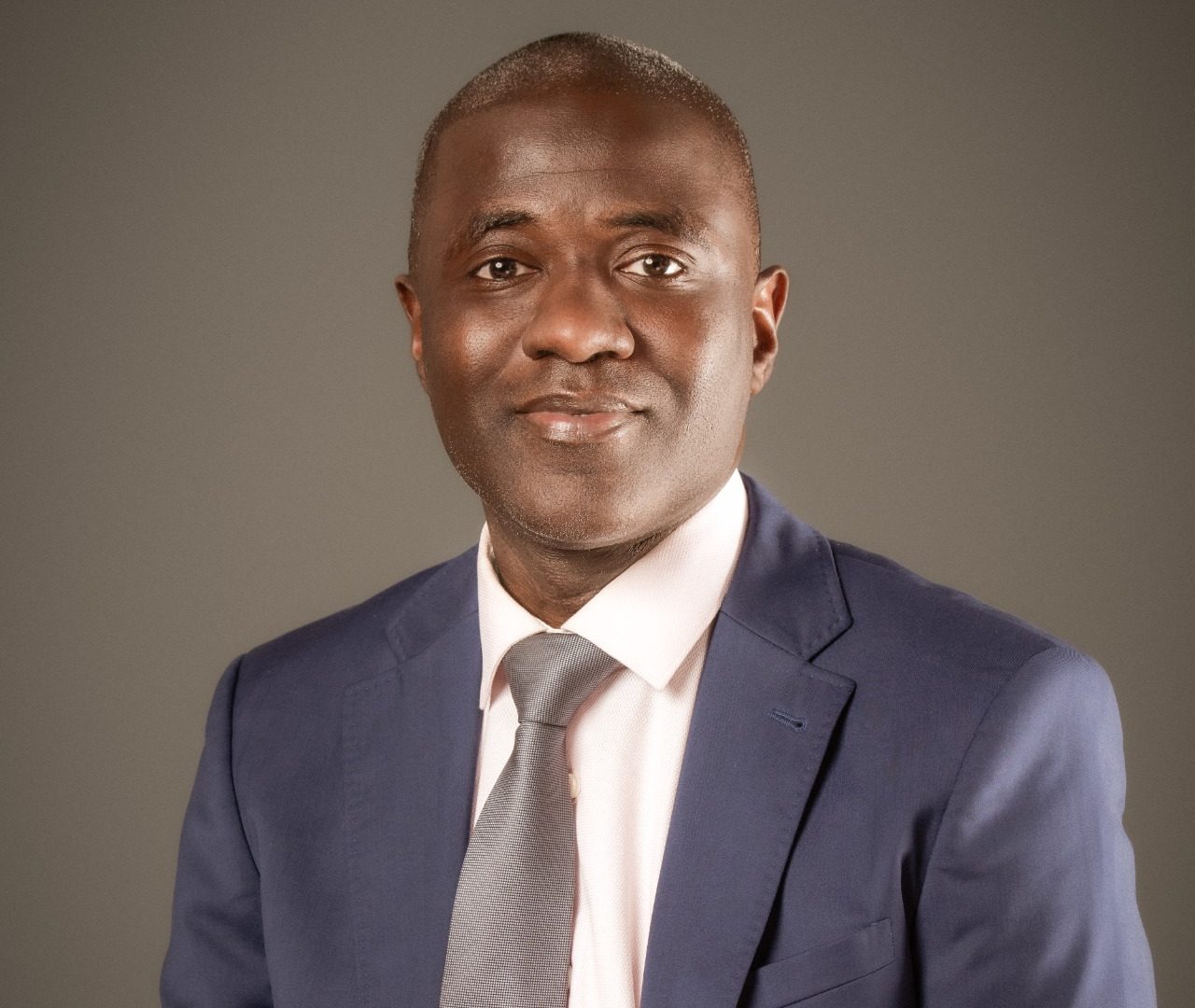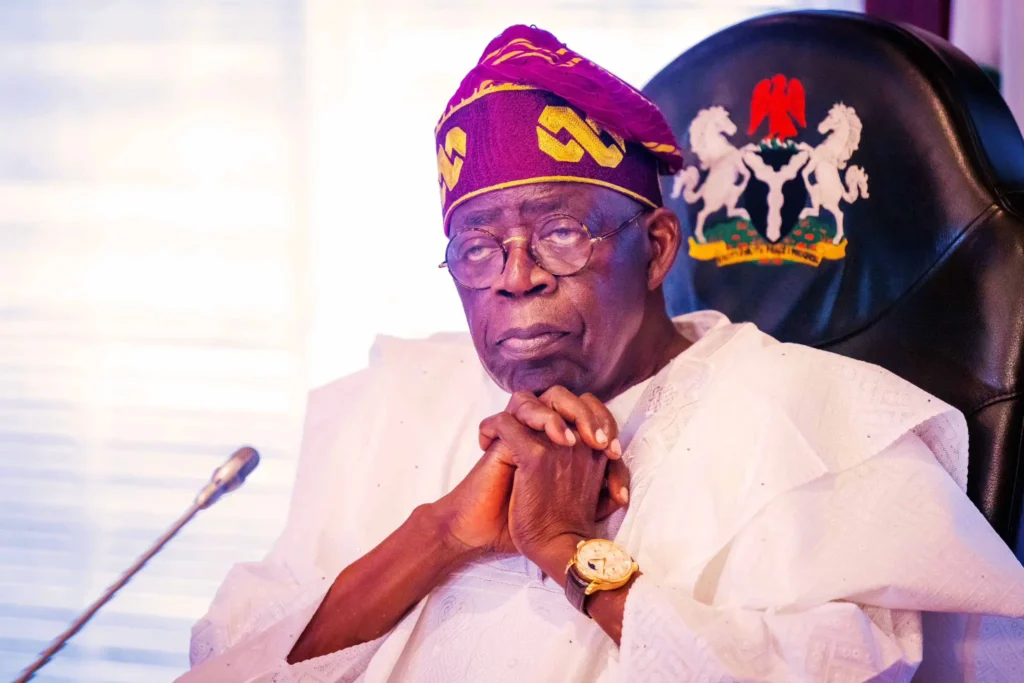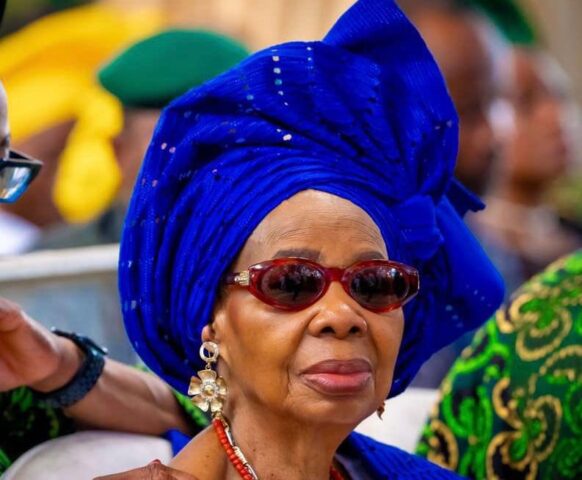In order to promote innovation and increase prospects for startups and technology-driven businesses in the telecommunications industry, the Nigerian Communications Commission has unveiled a new license system.
This was revealed by the NCC’s Executive Vice Chairman, Dr. Aminu Maida, during a stakeholders’ forum on the Draft General Authorization Framework on Thursday in Abuja. Barrister Rimini Makama, the Executive Commissioner for Stakeholder Management, spoke on his behalf.
According to Maida, the General Authorization Framework was created to provide a more adaptable and responsive method of telecom licensing that acknowledges and supports new services that aren’t yet covered by the current system.
The nature of innovation now necessitates a regulatory framework that is both responsive and enabling, according to Maida.
He claims that the new framework adds three important regulatory tools: a Regulatory Sandbox to enable controlled testing of concepts like Open RAN and spectrum sharing; Proof-of-Concept pilots to test new solutions in real-world settings; and an Interim Service Authorization for services that don’t fit under existing licensing categories.
According to Maida, these technologies will give innovators—whether they are major corporations or startups—a secure setting in which to evaluate risks, show viability, and validate ideas prior to release.
“This model protects consumer rights and the public interest while promoting experimentation and responsible innovation,” he stated.
The head of the NCC emphasized that stakeholder participation will be essential to the framework’s success while urging support from all industry participants.
He called on OEMs, service providers, infrastructure firms, mobile network operators, academic institutions, and civil society organizations to offer their perspectives on improving the regulatory framework.
Nigeria’s digital economy’s future is not far off. It’s happening in front of us. And the communications industry—our common infrastructure for innovation, inclusivity, and economic growth—is at the center of this future,” he said.
In closing, Maida expressed the expectation that the engagement will expand the innovative value chain, boost investor confidence, and open the door for long-term growth in the communications ecosystem.
Usman Mamman, the NCC’s Director of Licensing and Authorization, also spoke at the event and explained that the draft framework was created through international benchmarking, internal assessments of current service applications, and cross-departmental collaboration.
According to him, a benchmark study was conducted to find out how other nations foster innovation, such as Singapore’s Infocomm Media Development Authority testbeds and the UK’s Ofcom Sandbox model. These illustrations gave us insight into how to encourage innovation while yet adhering to legal requirements.
“The suggested framework is in line with national policies pertaining to the digital economy, including the Nigerian Broadband Plan, the Nigeria Data Protection Act 2023, and the broader objectives of the Nigerian Communications Act 2003.”
Mamman clarified that the need for a more flexible license structure arose from the Commission’s identification of an increasing number of unique service requests that could not be met by the current categories.
He pointed out that in order to guarantee the responsible implementation of new technologies, the suggested framework includes safeguards including data protection, cybersecurity measures, and customer information regulations.
He pointed out that in order to improve the paper, stakeholder input will be crucial.
Participants in the workshop were drawn from the tech ecosystem, regulatory agencies, and the telecom sector. They were all urged to offer suggestions that would assist the framework be more in line with national development objectives.




